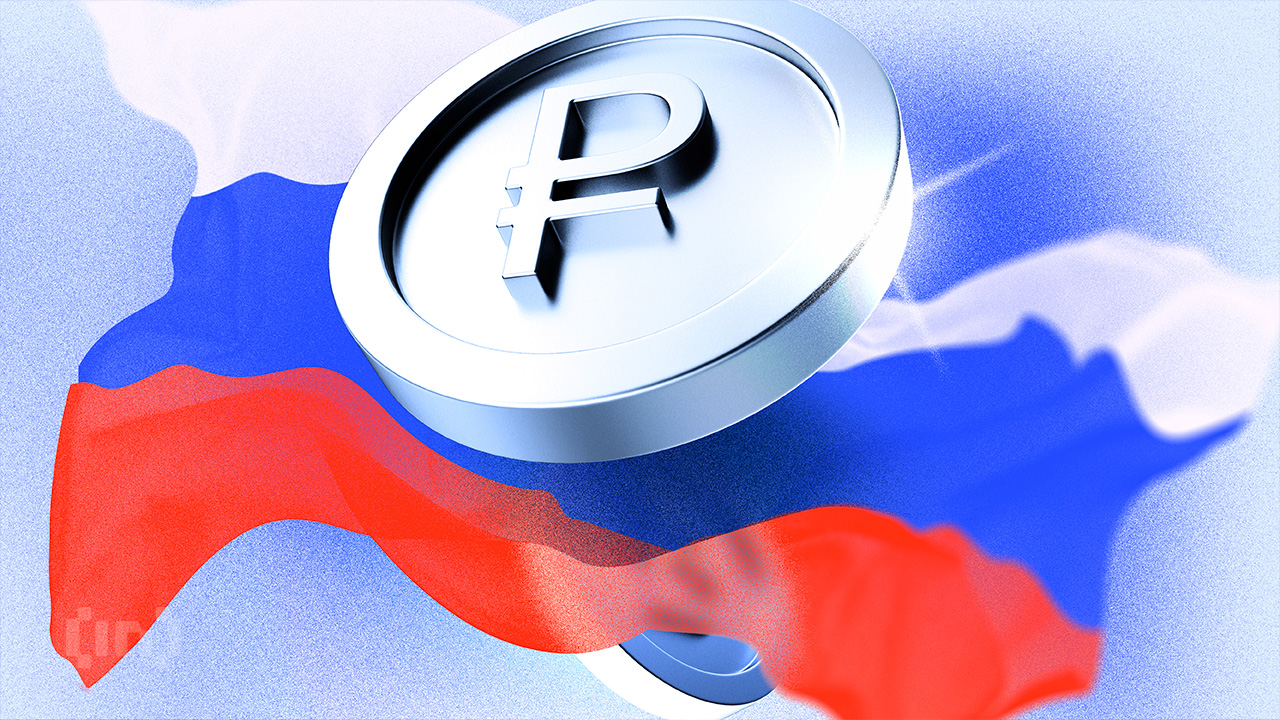
Russia to Ease Crypto Trading Restrictions for Broader Participation
In a groundbreaking move, Russia is planning to reduce the income and wealth barriers that have limited ordinary citizens from participating in cryptocurrency trading. This initiative marks a significant shift in the country’s approach to crypto regulations, aiming to foster broader involvement in its Central Bank’s supervised pilot program.
Key Details from the Eastern Economic Forum
During the Eastern Economic Forum held in Vladivostok on September 3, Alexey Yakovlev, Director of Financial Policy at the Russian Finance Ministry, announced ongoing discussions to lower the strict entry requirements. Currently, to qualify as a “super qualified” investor—a prerequisite for participating in Russia’s experimental legal framework for organized crypto trading—individuals must meet the following criteria:
- Possess 100 million rubles ($1.23 million) in securities and deposits
- Or have an annual income of 50 million rubles ($615,753)
Lowering these thresholds is seen as a necessary step to make the pilot program more inclusive. Yakovlev stated, “The project cannot fulfill its function if limited to a super-small layer of society.” This sentiment echoes a broader push within the Russian government to embrace digital assets as key tools for both domestic and international finance.
A Balancing Act: Regulation vs. Accessibility
The move comes after President Vladimir Putin called for a compromise between the Finance Ministry and the Central Bank on crypto regulations. While the Central Bank has traditionally opposed the free circulation of decentralized currencies, there has been gradual easing of certain restrictions:
- In March 2025, the Bank of Russia proposed restricting crypto transactions to its regulated experimental legal regime (ELR) and banning cryptocurrencies for payments outside this framework.
- By May 2025, qualified investors were allowed to purchase crypto-based products, such as Bitcoin futures. Within just one month, $16 million worth of such products were sold.
This dual approach—tighter control on one side and gradual expansion on the other—reflects the ongoing tension between regulatory oversight and the desire for innovation.
Why This Matters for Everyday Citizens
Despite stringent requirements, Russia’s crypto market has continued to grow. Reports estimate that Russians collectively hold over $25 billion in digital assets, much of which is acquired via foreign exchanges. Relaxing entry rules could bring these transactions into regulated frameworks, boosting both security for investors and tax revenue for the government.
Moreover, with regions encouraged to utilize idle energy reserves for crypto mining, the digital asset space in Russia is poised for significant expansion. This move could offer ordinary citizens a chance to reap the benefits of an industry that has traditionally been limited to wealthier investors.
Our Recommendation
If you’re exploring cryptocurrency trading for the first time, it’s essential to choose a secure platform. For beginners, Coinbase offers a user-friendly interface and educational tools to help you understand the market. Additionally, high-quality hardware wallets, such as the Ledger Nano X, ensure your digital assets remain safe.
Conclusion
Russia’s decision to ease barriers for crypto trading represents a pivotal moment in the global cryptocurrency landscape. By opening up opportunities to a wider range of participants, the country is positioning itself as a key player in the evolving digital economy. While the regulatory environment remains complex, the potential benefits for ordinary citizens—and the broader economy—are undeniable.






